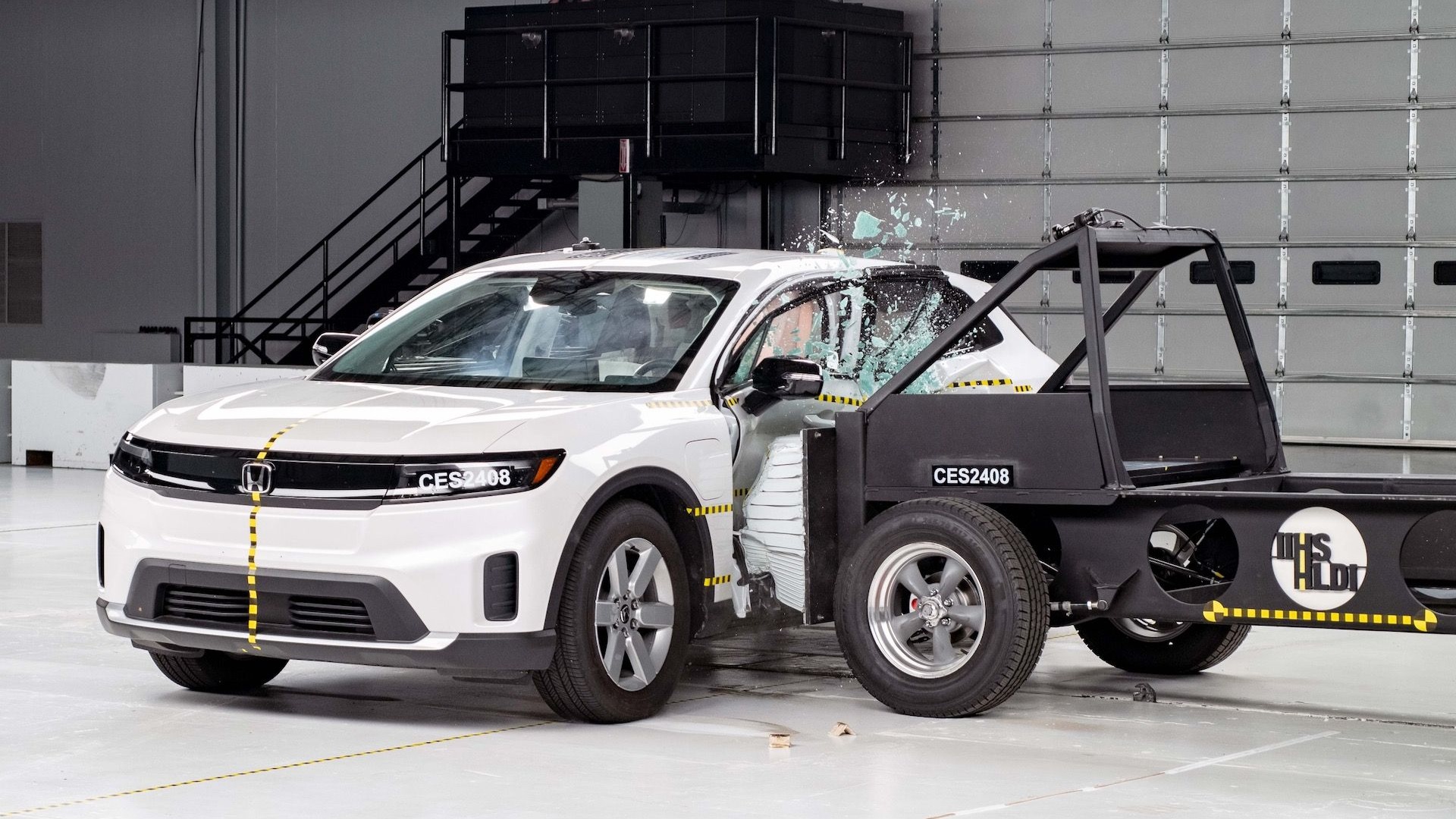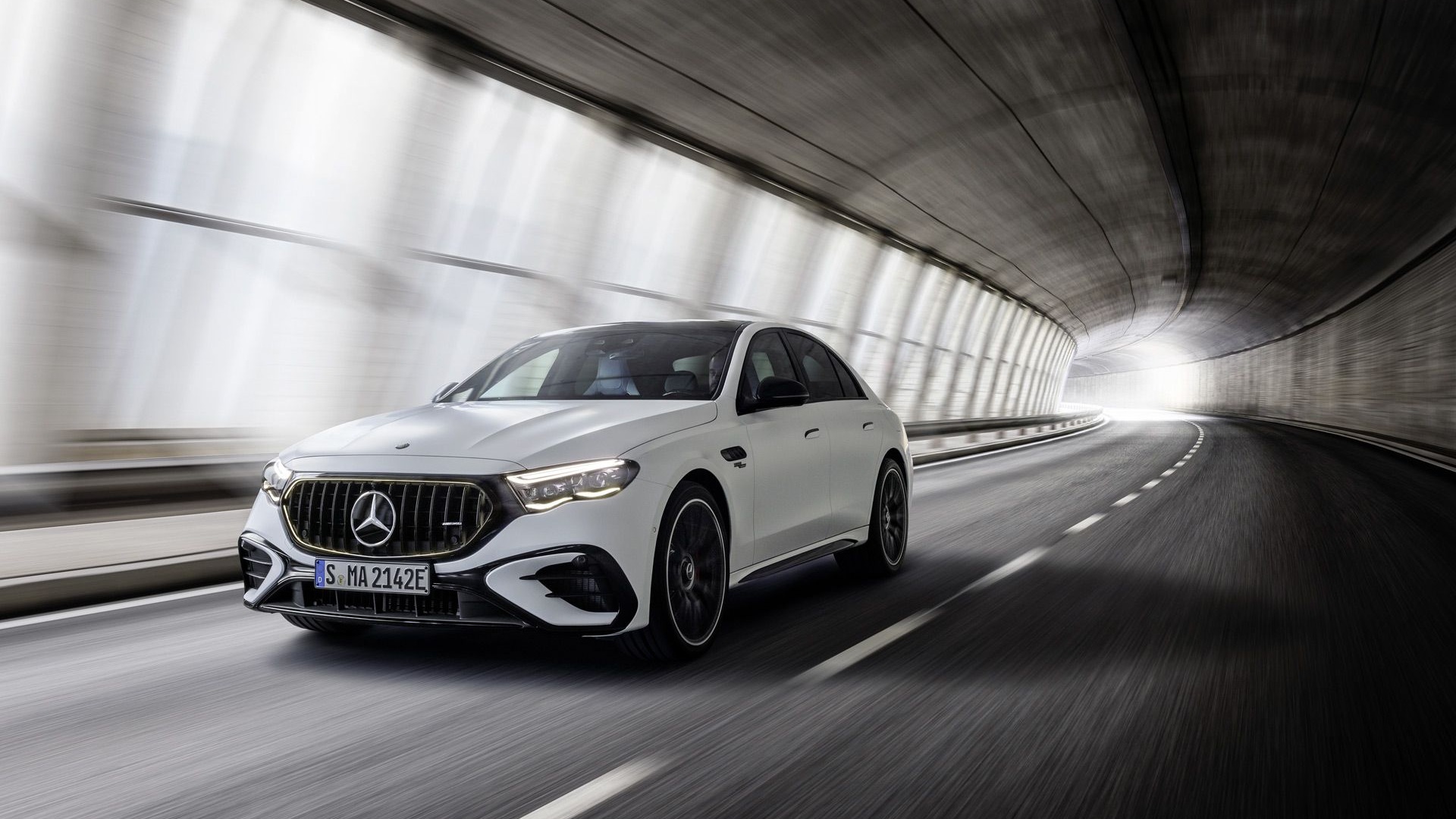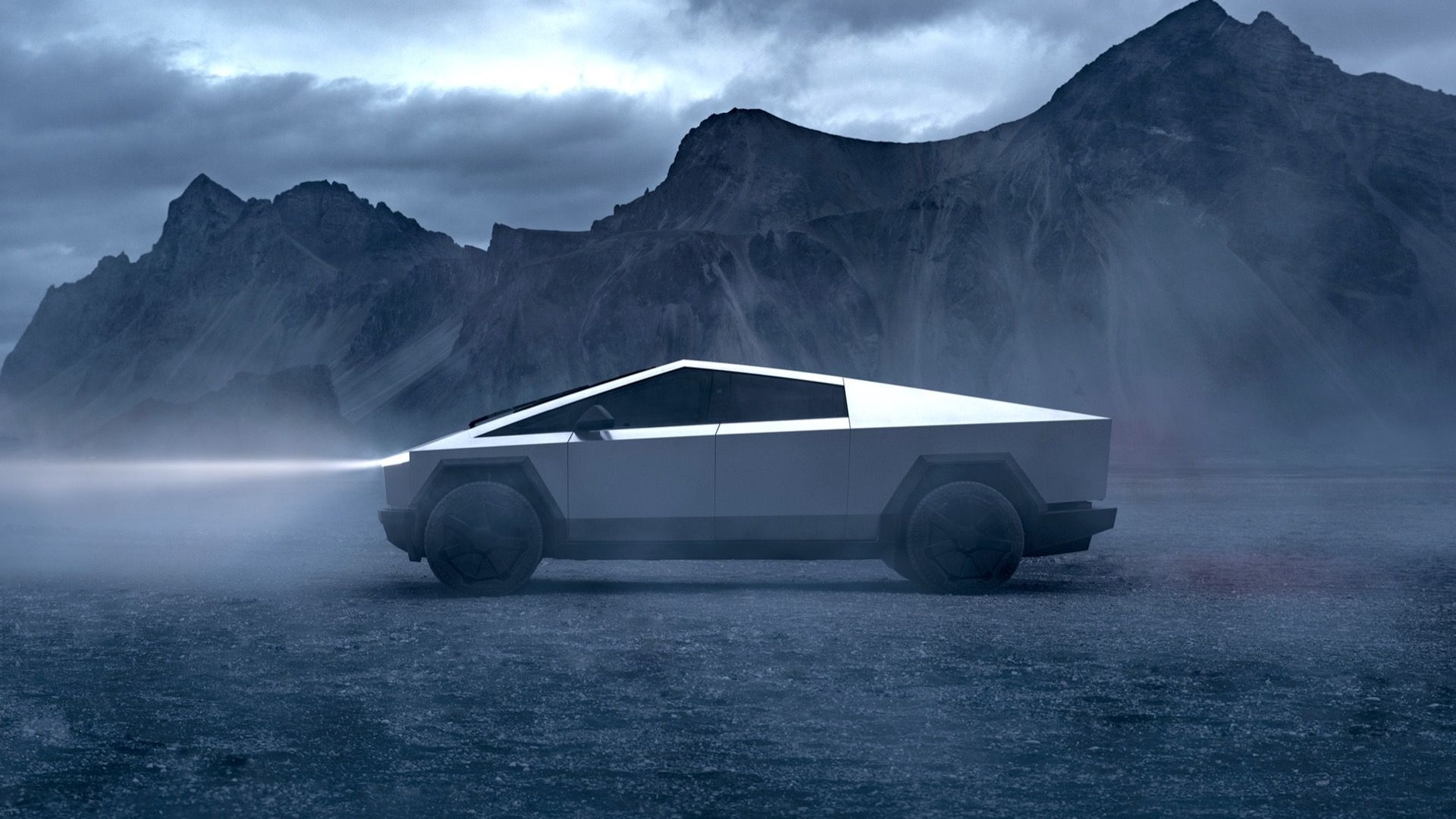It has long been official Chinese government industrial policy to dominate the world's production of lithium-ion battery cells and to establish a commanding electric-car industry.
This would not only position the country in crucial industries of the future but give it a way to start attacking the choking smog in its cities that affects public health.
While more electric vehicles were sold in China than any other market last year, most of those vehicles remain far from competitive in the rest of the world.
DON'T MISS: China to crack down on green-car subsidy cheating: report
Recognizing that its native automakers could not succeed in selling cars in Europe and North America, the country has proposed to relax joint-venture rules for so-called New Energy Vehicles.
Any non-Chinese maker wishing to build cars in the country is presently required to establish a joint venture with an existing Chinese carmaker.
The goal is for the local company to learn from the foreign maker, strengthening its future ability to compete.

Kandi electric car (Image: Kandi Technologies Group)
Now, China proposes to relax those rules for plug-in electric cars, to get more world-class cars on the road faster.
As noted by Electrek, "The National Development and Reform Commission and the Ministry of Commerce released the new policy last week, and it is seeking public comment until next month."
With the impact of public comments uncertain at best in China, the revised regulations could go into effect sometime this year.
CHECK OUT: China's five-year budget for renewable energy: $360 billion
But there's more background to the story. We reached out to longtime China hand Michael Dunne of consultancy firm Dunne Automotive for some context.
"In 2010, China set out specific plans to be number one globally in electric vehicles," Dunne wrote. "Officials in Beijing set specific production targets: 500,000 annually by 2015, and 2 million a year by 2020."
China hopes to kill three birds with one stone in its goal of leading global electric-car production, he said.
First, it reduces its dependence on foreign oil and the need to engage in the fraught politics of the Middle East and Russia.

Chevrolet Volt arrives in China for use at World Expo 2010 Shanghai
Second, in working toward better air quality, it reduces a serious threat to its social stability and a situation that has become an indictment of those in power over the last two decades.
Third, it steers the country in a new direction after two decades of technology-transfer agreements with foreign automakers have largely failed to bring Chinese carmakers up to North American and European standards.
In other words, "forget about securing combustion-engine know-how from Volkswagen or GM or Toyota," Dunne said.
"China could seize the opportunity to lead the world in a game-changing technology: electric cars."
A few years ago, he noted, in pursuit of this goal, the country put in place very aggressive "guidelines" (or strong suggestions) for foreign automakers wanting to build electric cars in China.
![Venucia E30 (Chinese version of Nissan Leaf electric car), Guangzhou Auto Show [photo: ChinaAutoWeb] Venucia E30 (Chinese version of Nissan Leaf electric car), Guangzhou Auto Show [photo: ChinaAutoWeb]](https://images.hgmsites.net/lrg/venucia-e30-chinese-version-of-nissan-leaf-electric-car-guangzhou-auto-show-photo-chinaautoweb_100410159_l.jpg)
Venucia E30 (Chinese version of Nissan Leaf electric car), Guangzhou Auto Show [photo: ChinaAutoWeb]
Three specific terms in particular were notable. First, all non-Chinese automakers had to form new joint ventures specific to electric cars.
Second, and crucially, all intellectual property developed by that joint venture would be owned equally by the Chinese partner and the foreign automaker—unlike the more limited technology-transfer agreements of the previous decades.
And finally, the electric cars built by those ventures had to carry Chinese brand names—which is why the Nissan Leaf is sold in China as the Venucia e30.
Foreign makers simply found those terms unreasonable. While most complied with the guidelines and formed joint ventures, they stopped there: almost no new electric-car intellectual property was developed.

Buick Velite concept, 2016 Guangzhou auto show
Today, more than 90 percent of electric cars built and sold in China are from native firms—and their technology remains crude, basic, and far from competitive.
That's why China is looking to reform the rules—and, Dunne said, why it lifted a similar 50-percent ownership cap on battery companies last summer as well.
The goal is to encourage real investment in electric cars and close the widening gap between Chinese companies' mediocre EV technology and their high production volumes.
NOTE THIS STORY: Chevy Volt to become Buick Velite in China? Concept car hints at new style
So the country's leadership has decided it's willing to encourage investment and innovation on Chinese soil by relaxing the intellectual-property-sharing and Chinese branding requirements, Dunne explained.
The lobbyists for global automakers (yes, he said, they exist in China too) have no doubt been advocating for precisely this outcome.
And, Dunne concluded, "If China does relax the rules, we can expect the German makers, General Motors (with the Chevy Bolt EV or its Buick-branded equivalent) and even Tesla to move quickly to build higher quality, more premium electric vehicles in China."
_______________________________________













